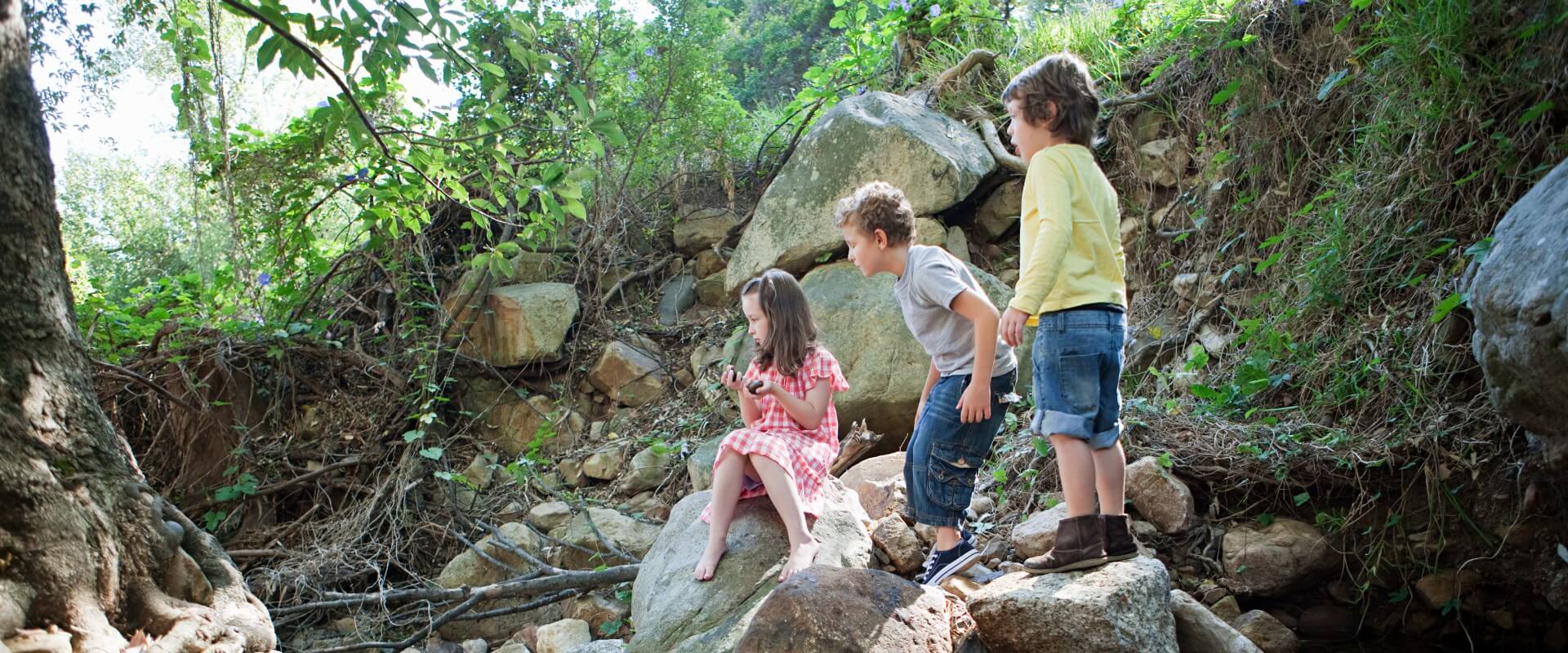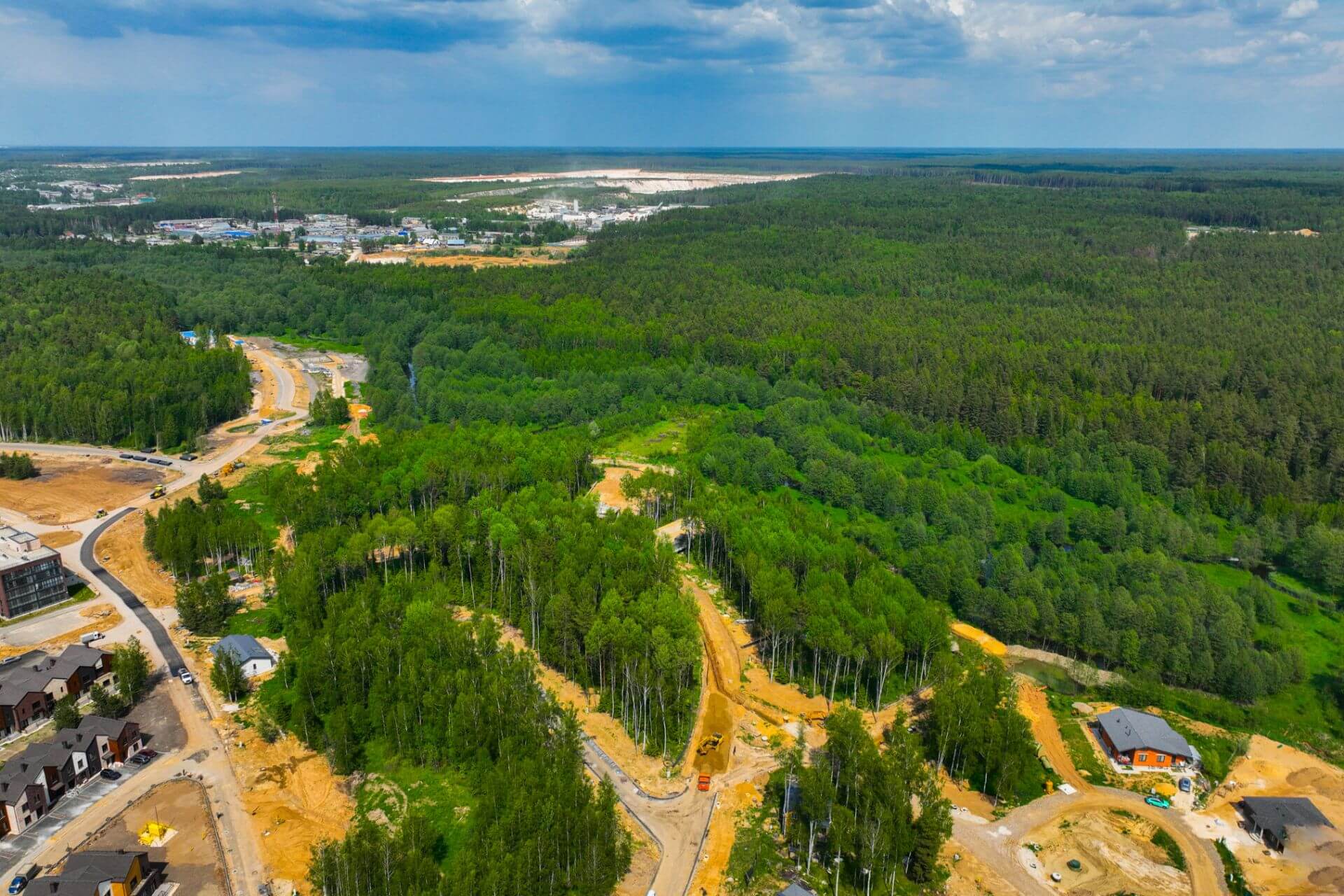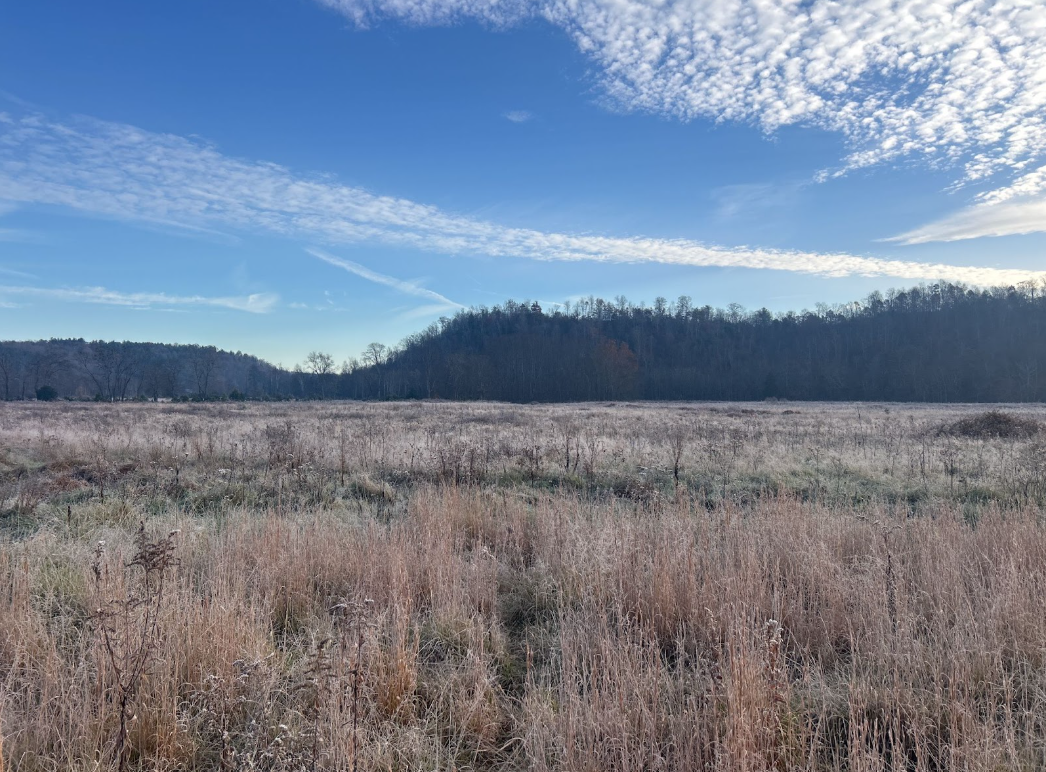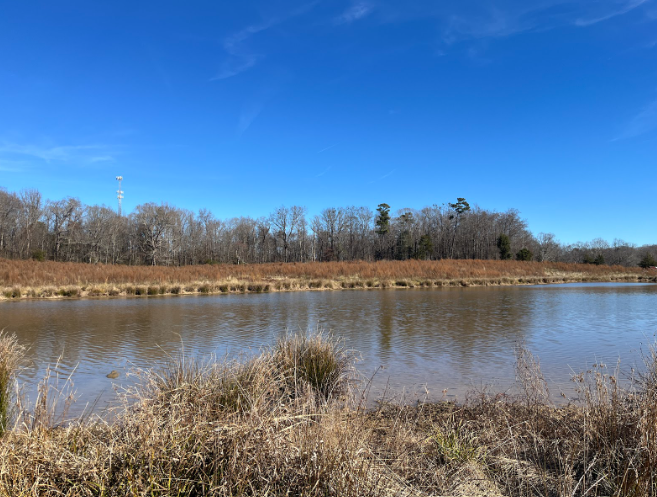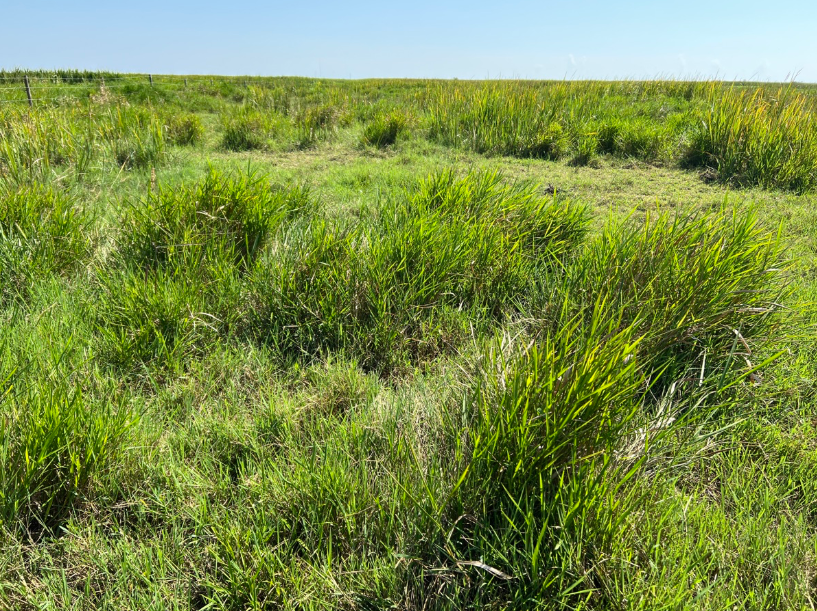Like many other millennials, I grew up hearing tales of hardship from the older generations - like the infamous 12-mile, uphill both ways trek to school. We were often labeled as “soft” compared to their experiences. Now, when seeing the younger generations, I find myself echoing those sentiments. It seems that they haven’t had the same kind of rough-and-tumble childhood as me. Have they ever even flown off their bike, skidded down the street while simultaneously experiencing the worst pain they’ve ever felt, and then been told to quit crying and “rub some dirt on it!”?
Since I’m not a doctor, I can’t tell you the advantages or disadvantages of rubbing dirt on an open wound. However, I can tell you that dirt actually does have great health benefits for people of all ages and especially for kids. It all starts with the "hygiene hypothesis" which is the idea that in order for kids to have healthy immune systems, they need to be exposed to germs.
How does Playing Outdoors Benefit our Immune Systems?
Dirt is full of microorganisms influenced by all the biodiversity in the soil, water, and air. We know the Great Outdoors offers us many health and psychological benefits, but an unsung hero of our ecosystem services is its microbial biodiversity.
Even though this topic isn’t as widely researched as other health benefits we experience from our environment, this isn’t a new concept. Charles Harrison Blackley published research back in 1873 noticing that hay fever was rarer among farmers.
Many studies have also found a direct correlation between people who grew up on farms and their ability to fight off allergies and asthma in these studies:
- Environmental influences on childhood allergies and asthma - The Farm effect,
- Influences of environmental bacteria and their metabolites on allergies, asthma, and host microbiota, and
- The farm effect, or: when, what and how a farming environment protects from asthma and allergic disease.
Research conducted in Germany found that being raised on farms and exposed to diverse microbes found in the environment, lowered rates of asthma and allergies compared to people raised in urban areas.
Alternatively, the lack of exposure to these microbes, especially in childhood, may lead to immune dysfunction and increased susceptibility to allergies and diseases. This is known as the “biodiversity hypothesis.” The broad range of microorganisms we are exposed to when outside can help us improve our
- immune system function,
- reduce chronic inflammation, and
- help us better fight off infections.
Studies have shown that playing in dirt, mud, grass, and outside in general has a huge role in a kid’s ability to develop a strong immune system and increase immune tolerance. While more research is needed, there are promising results that suggest children having consistent contact with “nature” (trees, parks, beaches, etc.) could decrease the risk of developing autoimmune diseases, allergies, and chronic inflammatory diseases.
How has Urbanization Affected Our Immune Systems?
While the effects of COVID resulted in a lack of exposure to the usual illnesses and infections for 18 months, it is not the only culprit in this case. Microbial exposure has also largely decreased over the years due to urbanization.
It has been shown that people living in cities experience a noticeable increase in chronic inflammatory diseases (asthma, multiple sclerosis, inflammatory bowel disease) than people living in more rural areas. This is because urbanization leads to a reduced exposure to a diverse range of microbes that are commonly found in open spaces and more natural landscapes.
This decreased exposure (remember the hygiene hypothesis?) can result in an immune system that is less "trained" to recognize and respond appropriately to harmless microbes and potential pathogens. Consequently, the immune system could become more prone to overreacting to harmless substances, contributing to the rise in chronic inflammatory and other conditions in urban populations.
What are Examples of Land Conservation Benefitting our Health?
Land conservation can be used as a tool to protect natural and working lands that offer a great variety of biodiversity. By conserving spaces that support various soil and plant species, we can positively influence the development and function of the human immune system.
This is where Unique Places to Save comes into play with two great conservation projects that offer microbe-rich environments open to visitors: Massey Chapel Nature Park and Spruill Conservation Farm.
Massey Chapel Nature park, located in Durham, NC, is an incredible experience for visitors, and serves as a natural retreat in a heavily-developed area. This project aims to strike a balance between conservation and public use, ultimately ensuring long-term enjoyment and sustainability. Massey Chapel features a tract of the paved American Tobacco Trail and features benches along the way, giving you and the kids the perfect opportunity to enjoy nature and gain exposure to those microbes.
Spruill Conservation Farm, near Roper, NC, is a great interactive and educational space that allows public access with landowner permission. Whether it's camping on the grounds, walking the trails, or using its public access to paddle on the Albemarle Sound, there are multiple opportunities to get exposed to all the benefits our natural resources can provide for us.
Conservation can indirectly support our health by protecting habitats with high biodiversity. By preventing development in ecologically-rich areas and maintaining diverse ecosystems, land conservation can help preserve microbe-rich environments.
Does Land Conservation Support your Health?
Should you be jamming dirt and mud into your child’s wounds? Probably not. But should you be finding opportunities for you and them to play in the dirt and be around nature to help build strong, resilient immune systems? All the research points to yes!
Of the many reasons conservation is important, one of them is to give our immune systems the tools and the exposure it needs to fight off tolerable infections. Our work at Unique Places to Save helps restore and protect the natural spaces that provide many benefits to us, including places to get outdoors and strengthen your immune system!
Support conservation and help protect the environments that nurture our health! By donating or spreading the word about Unique Places to Save, you can help preserve spaces like Massey Chapel Nature Park and Spruill Conservation Farm, where kids can experience the immune-boosting benefits of nature. Together, we can ensure future generations thrive in healthier, more biodiverse environments. Get involved today and make a lasting impact!
About the Author
With dual Master’s degrees in Public Health and Business Administration, Mandi has successfully secured federal grants and managed significant projects that enhance environmental and community well-being. She leverages her diverse background to contribute to sustainable conservation efforts that protect vital ecosystems.
Learn More
